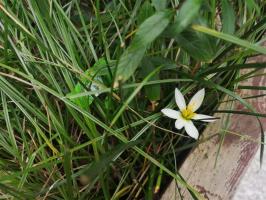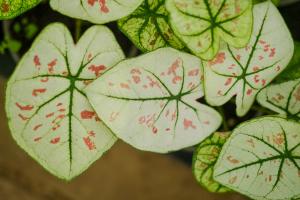Introduction
Planting elephant ear bulbs can be an exciting addition to your garden or home. However, caring for and maintaining these plants requires effort and knowledge of the proper techniques. One common question that arises is whether or not you should water elephant ear bulbs after planting. In this article, we will explore the answer to this question and provide tips on how to properly care for your elephant ears.
Do you water elephant ear bulbs after planting?
The answer to this question is yes. Watering your elephant ear bulbs after planting is crucial in helping them establish strong roots and ensuring healthy growth. In general, you should water your elephant ears consistently for at least the first few weeks after planting. Be cautious not to overwater, as this can cause the bulbs to rot. Keep the soil evenly moist but not waterlogged.
How often should you water elephant ear bulbs?
Elephant ear bulbs require consistent watering throughout their growing season. The frequency of watering will depend on the climate and the conditions in your area. In general, you should water your elephant ears once a week, but this may need to be increased during dry spells. Be sure to check the soil moisture level before watering to ensure the plants are not over or under-watered.
What is the best time of day to water elephant ear bulbs?
The best time to water your elephant ear bulbs is in the morning or late afternoon. Avoid watering during the hottest part of the day, as the water can evaporate before the plants have a chance to absorb it. Watering in the morning also allows the foliage to dry before nightfall, reducing the risk of fungal growth on the leaves. You can also use a soaker hose or drip irrigation system to water elephant ears, which is more efficient and reduces the amount of water lost to evaporation.
Can elephant ear bulbs be overwatered?
Yes, elephant ear bulbs can be overwatered, which can lead to root rot and other fungal diseases. It is important to ensure that the soil is evenly moist but not waterlogged. Make sure that the soil has good drainage and avoid watering if the soil is already wet. You can also add organic matter to the soil to improve its drainage and help retain moisture.
Conclusion
Watering elephant ear bulbs after planting is essential for healthy growth and establishment. Consistent watering throughout the growing season, proper timing, and avoiding overwatering will help ensure strong and healthy plants. Keep these tips in mind, and you can enjoy beautiful elephant ears in your landscape or home. Happy planting!

 how many times do yo...
how many times do yo... how many planted tre...
how many planted tre... how many pine trees ...
how many pine trees ... how many pecan trees...
how many pecan trees... how many plants comp...
how many plants comp... how many plants can ...
how many plants can ... how many plants and ...
how many plants and ... how many pepper plan...
how many pepper plan...































